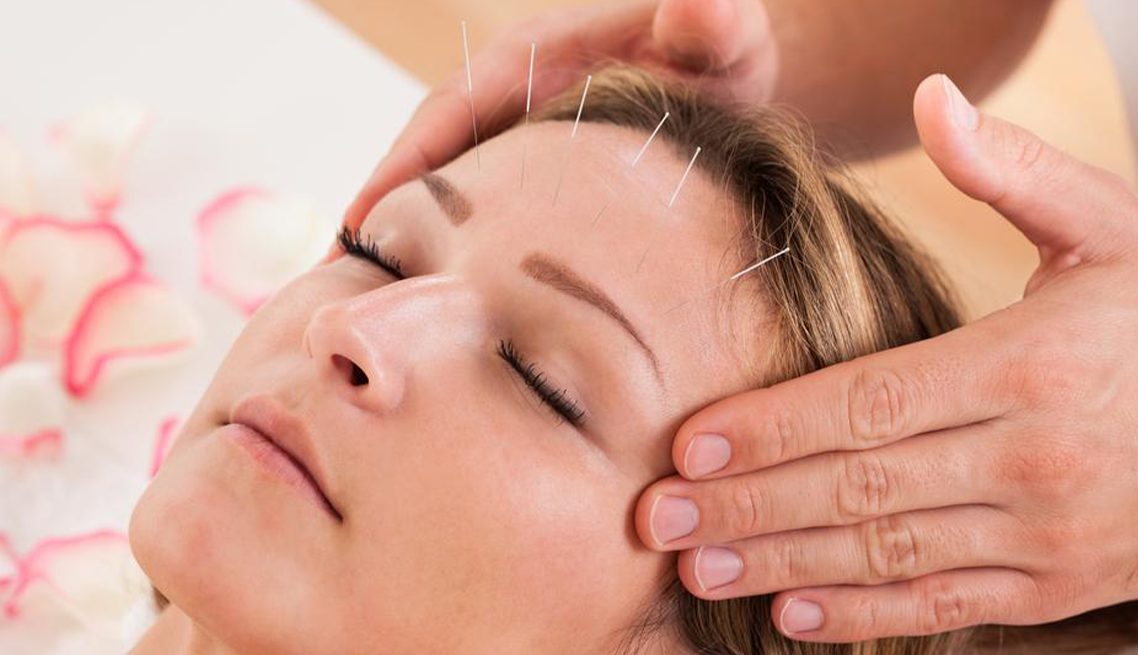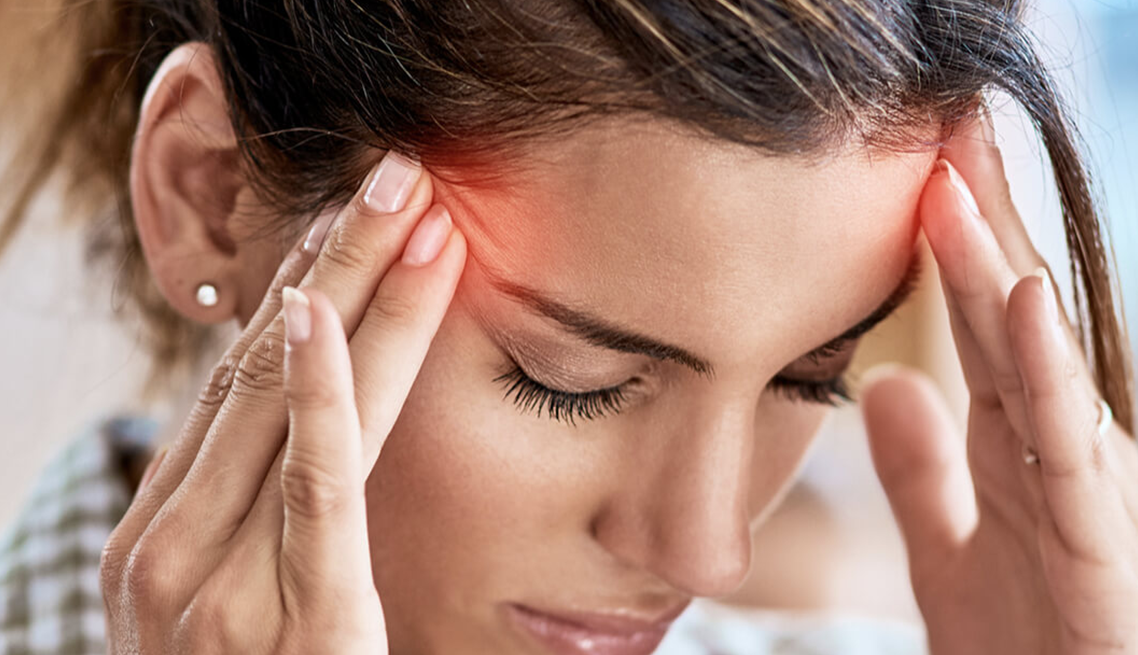Migraine Treatments
Acute Treatments
These treatments are taken during a migraine attack to relieve symptoms.
Over-the-Counter (OTC) Pain Relievers:
- Ibuprofen (Advil, Motrin)
- Acetaminophen (Tylenol)
- Aspirin
- Combination medications (e.g., Excedrin Migraine, which contains acetaminophen, aspirin, and caffeine)
Prescription Medications:
- Triptans: Sumatriptan (Imitrex), rizatriptan (Maxalt), zolmitriptan (Zomig), etc.
- Ergots: Ergotamine (Ergomar), dihydroergotamine (Migranal)
- Lasmiditan: A newer class of medication (Reyvow)
- CGRP (Calcitonin Gene-Related Peptide) Receptor Antagonists: Ubrogepant (Ubrelvy), rimegepant (Nurtec ODT)
- Anti-nausea medications: Metoclopramide (Reglan), prochlorperazine (Compazine), ondansetron (Zofran)
Preventive Treatments
These are taken regularly to reduce the frequency, severity, and duration of migraines.
Medications:
- Beta-blockers: Propranolol (Inderal), metoprolol (Lopressor)
- Antidepressants: Amitriptyline, nortriptyline, venlafaxine (Effexor)
- Anti-seizure medications: Topiramate (Topamax), valproate (Depakote)
- CGRP inhibitors: Erenumab (Aimovig), fremanezumab (Ajovy), galcanezumab (Emgality)
Botox Injections:
- Approved for chronic migraines, Botox injections can reduce the number of headache days.
Lifestyle and Behavioral Therapies:
- Stress management: Techniques like cognitive behavioral therapy (CBT), relaxation exercises, and biofeedback.
- Regular sleep patterns: Ensuring consistent and adequate sleep.
- Dietary changes: Identifying and avoiding food triggers (e.g., aged cheeses, alcohol, caffeine).
- Hydration: Staying well-hydrated.
- Regular exercise: Maintaining a regular exercise routine.
Alternative Therapies:
- Acupuncture: Some people find relief with acupuncture.
- Herbal supplements: Butterbur and feverfew have been studied for migraine prevention, but consult with a healthcare provider before use.
Emerging Treatments
- Neuromodulation devices: These are wearable devices that use electrical or magnetic pulses to stimulate nerves associated with migraine relief (e.g., Cefaly, gammaCore).
General Tips
- Track triggers and symptoms: Keeping a migraine diary can help identify triggers and patterns.
- Consult a healthcare provider: Tailoring a treatment plan to individual needs is crucial, as different people respond to treatments differently.
If you have any specific questions about a particular treatment or need more detailed information, feel free to ask!


